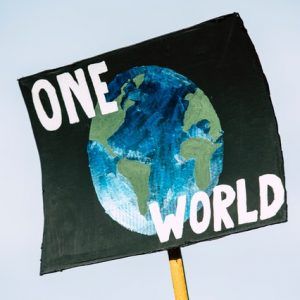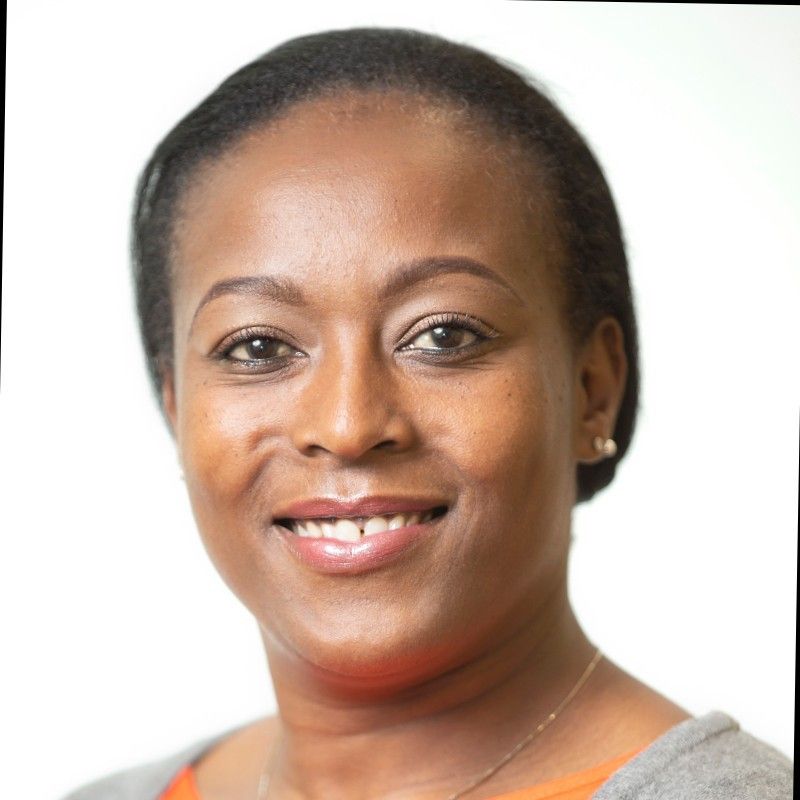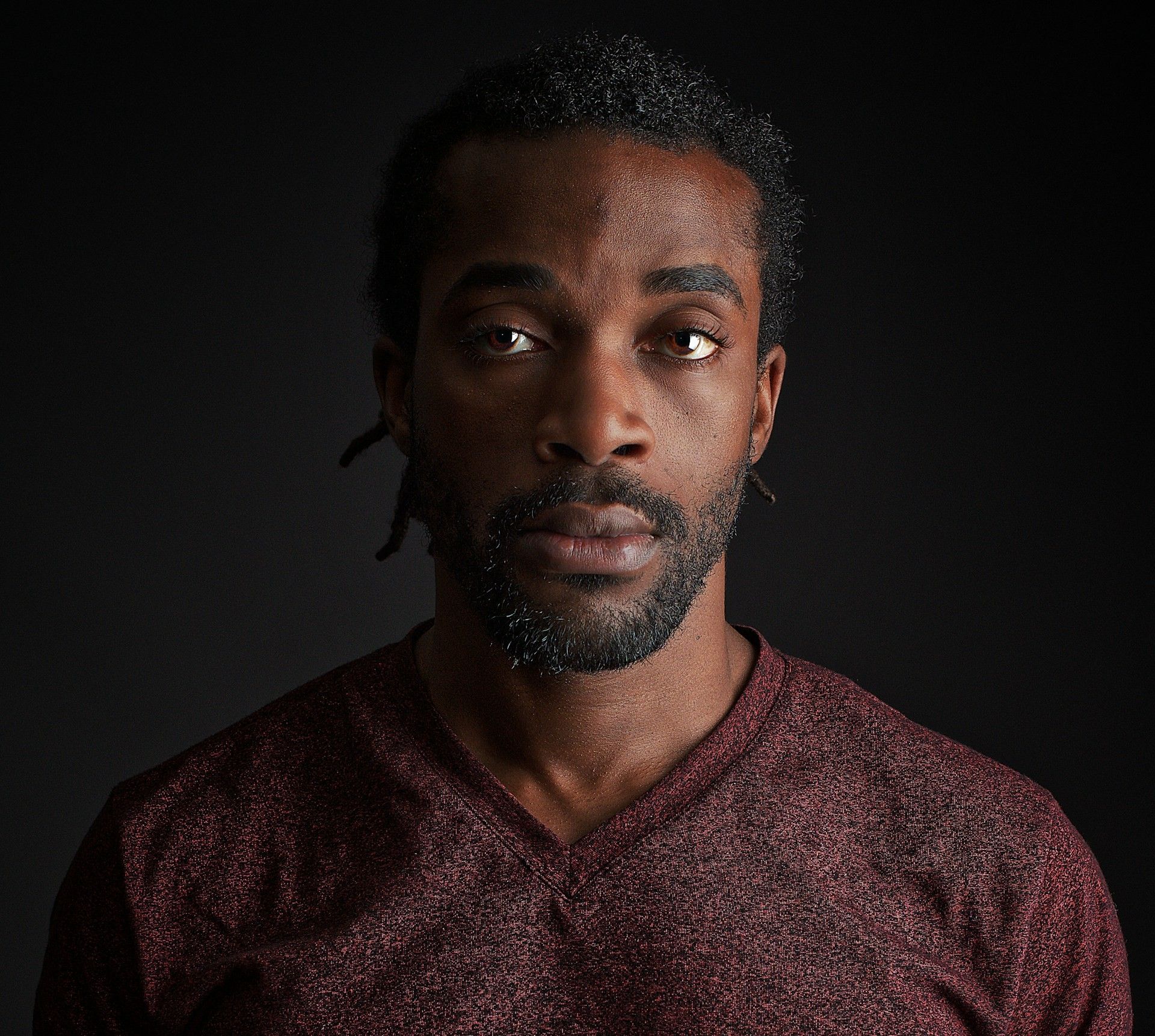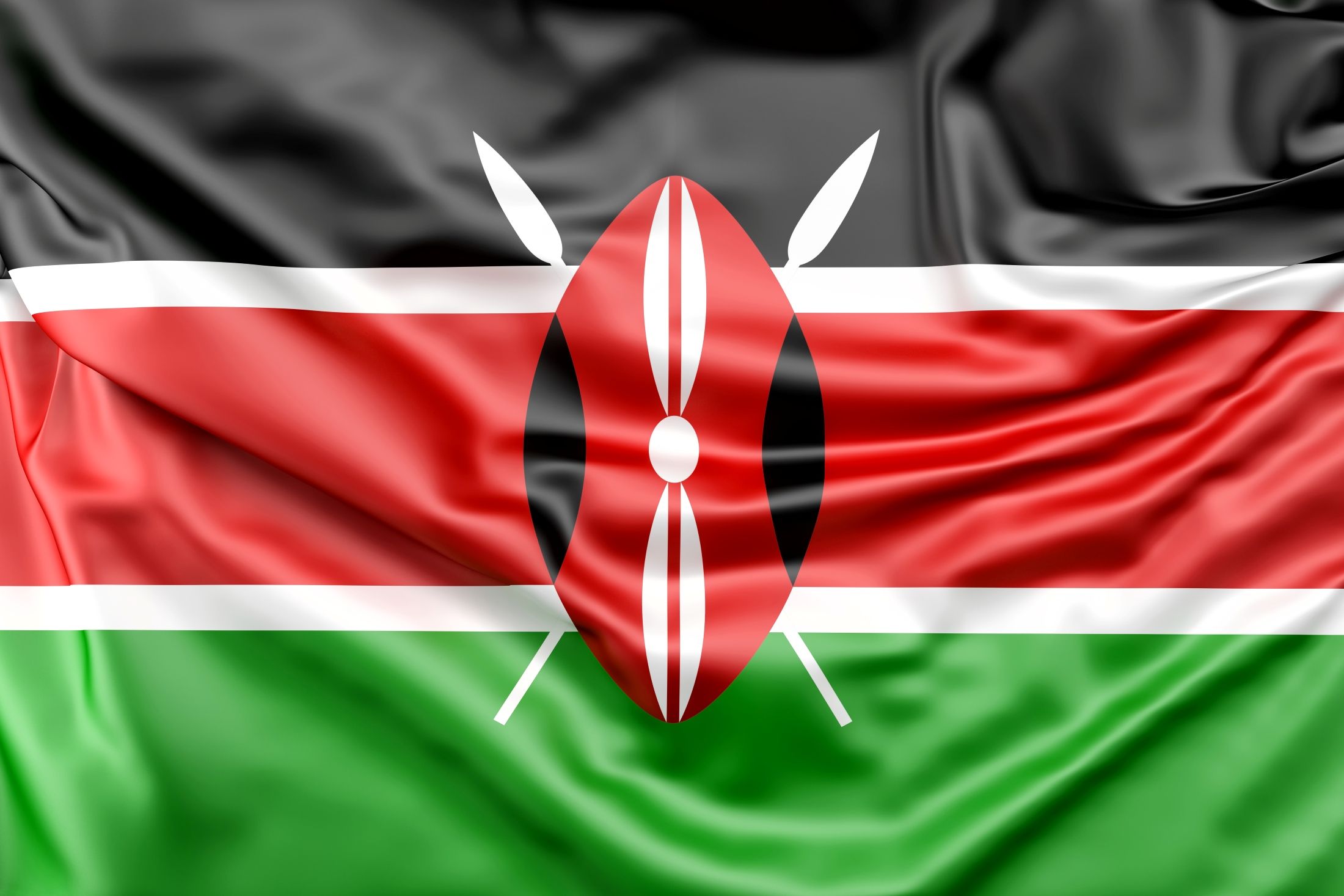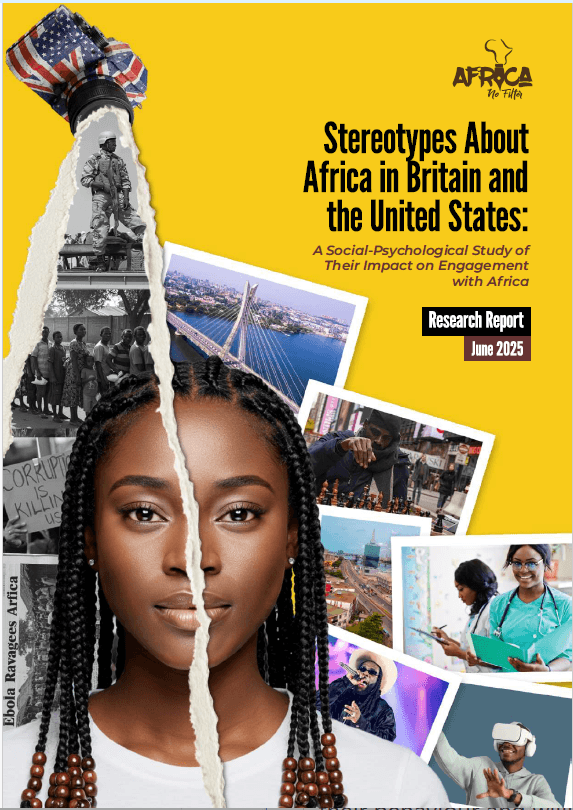Sustainable development or sustainability are terms that are commonly used by government, private sector and NGO/civil society in conversations about economic and social growth.
Nationally, regionally and globally the concept is now a major topic of debate; more so since the C-19 pandemic and its resultant social and economic impacts, which we are all yet to fully comprehend.
The most widely accepted definition of sustainable development came about in the late 1980s following the World Conference on Environment and Development’s report: Our Common Future. It defined sustainable development as development that meets the needs of the present without compromising the ability of future generations to meet their own needs.
There are key principles that tie into this definition, three of which I would like to highlight:
- The triple bottom line – this principle calls for an acceptable balance between economic, social and environmental costs and benefits of development. Economic costs and benefits include poverty reduction and employment creation; social costs and benefits include access to health care, education, good governance and social justice; and environmental costs and benefits include protecting natural systems and maintaining biodiversity.
- Intergenerational equity – this considers how current generations today are ensuring that future generations will be able to meet their own wellbeing and livelihood needs in the future.
- Intragenerational equity – this looks at how we are ensuring fair distribution of fundamental services such as food, access to clean water, access to land, health, education, access to livelihood, social justice for everyone today.
Sustainable development is often seen as a challenging issue to buy into, integrate and practice. For example, it is considered way too broad in scope and it is often argued whether it is really possible to have a balance between economic growth and environmental protection for example.
Another key issue is that developed countries did not follow a model of sustainable development as they industrialised and lifted billions out of poverty; they paid little consideration to the impacts their development would have on the climate or even on biodiversity. Yet, today, developing countries are tasked to take all these aspects of social, environmental and economic costs and benefits into consideration as they seek to lift their citizens out of poverty, provide economic growth, housing, etc.
Sustainable development seems ‘unfair’, and in many conversations, I have been a part of, it has been argued how ‘oddly’ it has now come into the conversation as an imperative for both developed and developing countries as they embark on their industrialisation trajectories.
Despite these challenges and debates, the importance of sustainable development can no longer be denied or ignored. Today, we (the current generations) are the ones who must do something about changing and creating a more equitable and sustainable world - if our way of life and that of our planet are to continue for future generations.
It’s never that serious
Actually, it is that serious, and here are a few reasons why.
There are nine planetary boundaries within which humanity can continue to develop and thrive for generations to come. Scientists state that if these boundaries are crossed, it would result in a major disruption in (parts of) the planet’s system and a transition to a different state, which is likely to be hostile to human prosperity. This is the Planetary Boundaries concept developed by the Stockholm Resilience Centre.
Today, we are set to exceed three of these nine boundaries:
- Climate change – the amount of Carbon Dioxide the Earth’s atmosphere can hold is beyond levels ever recorded on Earth for all the decades scientists have been measuring Carbon Dioxide levels on Earth.
- Biodiversity loss – human life relies on the processes of natural ecosystems services e.g. pollination, water purification, food production, medicines, etc. and species to sustain and fulfil our lives. According to the WWF’s Living Planet Report 2020, nature is declining globally at rates unprecedented in millions of years; and that ‘to feed and fuel our 21st-century lifestyles, we are overusing the Earth’s biocapacity by at least 56%’.
- Biogeochemical – according to the Stockholm Resilience Centre, biogeochemical cycles of nitrogen and phosphorus have been radically changed by humans as a result of many of our industrial and agricultural processes.
Besides, these planetary boundaries we still have significant challenges to tackle both on a global and local level. Kenya for instance is ranked sixth in Africa among countries with the largest number of people living in extreme poverty. On the one hand, the country needs to ensure everyone has enough healthy food regularly, on the other hand, only 20% of Kenya’s total landmass is arable for farming (USAID, 2021). When it comes to basic health care or livelihood opportunities, 39% of Kenyan youth are unemployed (Business Daily, 2020). Other challenging areas include good governance, quality and respect for all people and cultures.
So what now?
For starters, it’s time to re-think and change the way we see the world. Everything we do – our lives, our livelihoods, society, businesses, industries, government, are ALL dependent on a healthy planet.
The Sustainable Development Goals (SDGs) were launched and supported by all country world leaders at the UN General Assembly in September 2015. These are 17 goals that are a road map for the world (governments, businesses, NGOs, individuals) to address and achieve sustainable development by 2030.
The SDGs provide a plan of action for our world’s people, planet, peace, prosperity, and partnerships. Importantly, they provide a common framework for everyone – you, me, our homes, your business, your employer, our churches, schools, your bank, your supermarket, our government – to understand what we need to do to make things better. We have nine years left to get there.
The task at hand may seem insurmountable, especially when we look at the bigger picture. But unfortunately, it’s not OK to do nothing. Each of us must play our part– at home, in our workplace, with our families and friends. Here is an easy guide to help you get started and help you understand the Sustainable Development Goals. If you find one that matters to you personally, take it up and see what you can do about it – exactly where you are, as you are now, do what you can.
The times we are living in and the changes we must make as individuals: in our own lives, in our spheres of influences, and work or livelihood spaces; remind me of superhero movies. Because in this generation and in this time: we must all become superheroes for our children, our nieces, nephews, friend’s children, and all the young ones we don’t know; and the world they will inherit from us.
So, what is your superpower? It may be as simple (and powerful) as the choices and decisions you make, and the actions you take.
Notes
WWF Living Planet Report 2020: A global study on biodiversity and the health of the planet, which includes regional insights.
Kenya’s SDG Progress 2020: Kenya 2nd Volunteer Review on the Implementation of the SDGs
Al Jazeera: What is Climate Change? (video: 7m07secs)
Ted Talk: 5 Transformational Policies for a prosperous and sustainable world
*The views, thoughts, and opinions expressed in the text belong solely to the author, and not necessarily to the author’s employer, organization, committee or other group or individual.

